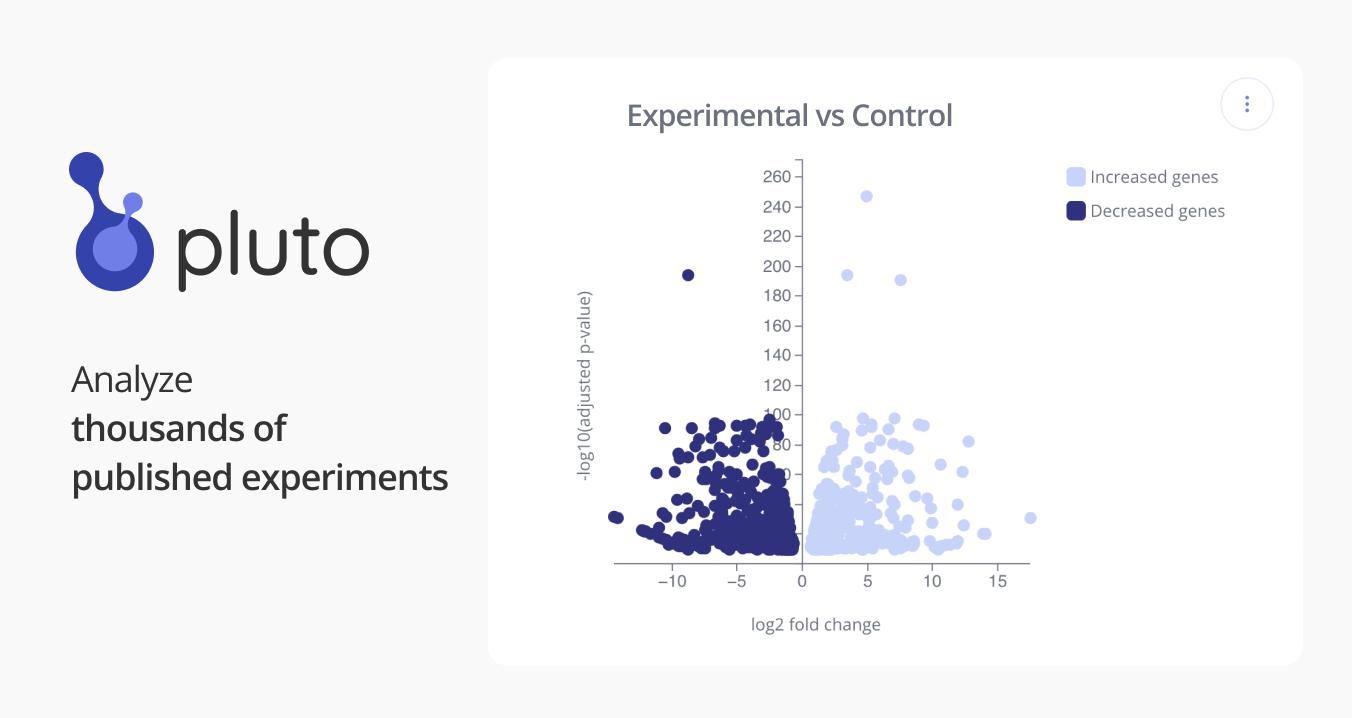Pluto Bioinformatics
GSE132796: Plasmodium yoelii Erythrocyte Binding-like Protein Modulates Host Cell Membrane Structure, Immunity, and Disease Severity
Bulk RNA sequencing
Erythrocyte binding-like (EBL) proteins are known to play an important role in malaria parasite invasion; however, any roles in regulating host immune responses remain unknown. Here we show that an amino acid substitution (C741Y) in the protein trafficking domain of Plasmodium yoelii EBL (PyEBL) changes host immune response and disease severity, but not invasion of red blood cells (RBCs) as suggested previously. The C741Y substitution alters protein processing and trafficking in merozoites and in the cytoplasm of iRBCs, reduces its binding to Band 3, increases phosphatidylserine (PS) surface exposure, and elevates osmotic fragility of iRBCs. The modified iRBC surface triggers PS-CD36 mediated phagocytosis of iRBCs, host type I interferon (IFN-I) signaling, and T cell differentiation, leading to improved host survival. This study reveals a previously unknown role of PyEBL in regulating the innate immune response and host-pathogen interaction, which may be explored for developing disease control strategies. SOURCE: Timothy,G,Myers (niaid-mrf-geo@nih.gov) - Genomic Technologies Section National Institute of Allergy and Infectious Diseases
